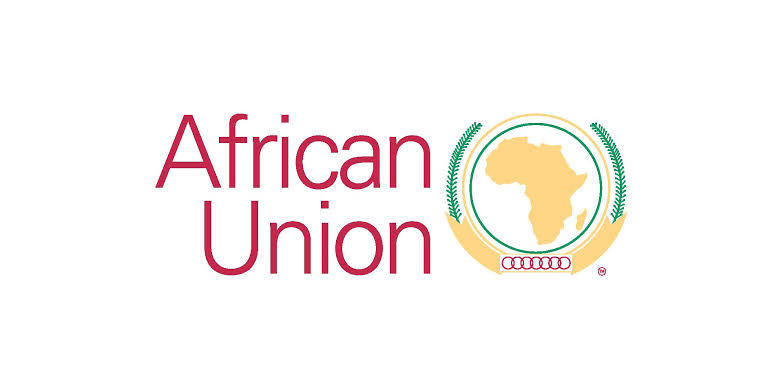African Union backs campaign for a world map that shows Africa’s true size
- Wisdom C. Nwoga

- 22 hours ago
- 2 min read
Have you ever questioned whether the world map in your classroom or on your screen truly reflects the size and significance of Africa?

This week, the African Union officially endorsed the “Correct The Map” campaign, calling for a shift away from the centuries-old Mercator projection toward a fairer representation known as the Equal Earth projection . Formerly used for navigation, the Mercator map inflates land near the poles—like Greenland and North America—while drastically shrinking continents closer to the equator, such as Africa and South America .
AU Deputy Chairperson Selma Malika Haddadi denounced this distortion as more than cartographic error. She said it fosters a false idea of Africa as “marginal,” despite being the world’s second-largest continent with over a billion people . This visual misrepresentation, she warned, seeps into how Africa is treated across media, education, and global policy.

Backing the campaign are advocacy groups Africa No Filter and Speak Up Africa, who argue that the commonly used Mercator map contributes to a long-running misinformation campaign. They seek to introduce the Equal Earth map in African classrooms and global institutions like the UN and World Bank  . As Moky Makura of Africa No Filter put it, the distortion must end. Fara Ndiaye from Speak Up Africa emphasises that accurate maps are essential for restoring African identity and pride—especially among children exposed early to skewed visuals .
Some global institutions are already responding. The World Bank has begun phasing out Mercator for static maps in favour of Equal Earth or Winkel-Tripel. Google’s desktop maps have transitioned to a 3D globe view, though mobile apps still default to Mercator .
This is not just about geography. It is about how the world sees Africa. The AU’s endorsement is a powerful form of decolonisation—reclaiming narrative and visibility by demanding that representation matches reality.
What do you think—can correcting a map change how the world perceives Africa’s place in history, culture, and global affairs?






Comments